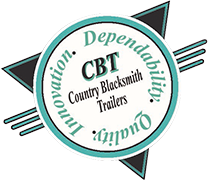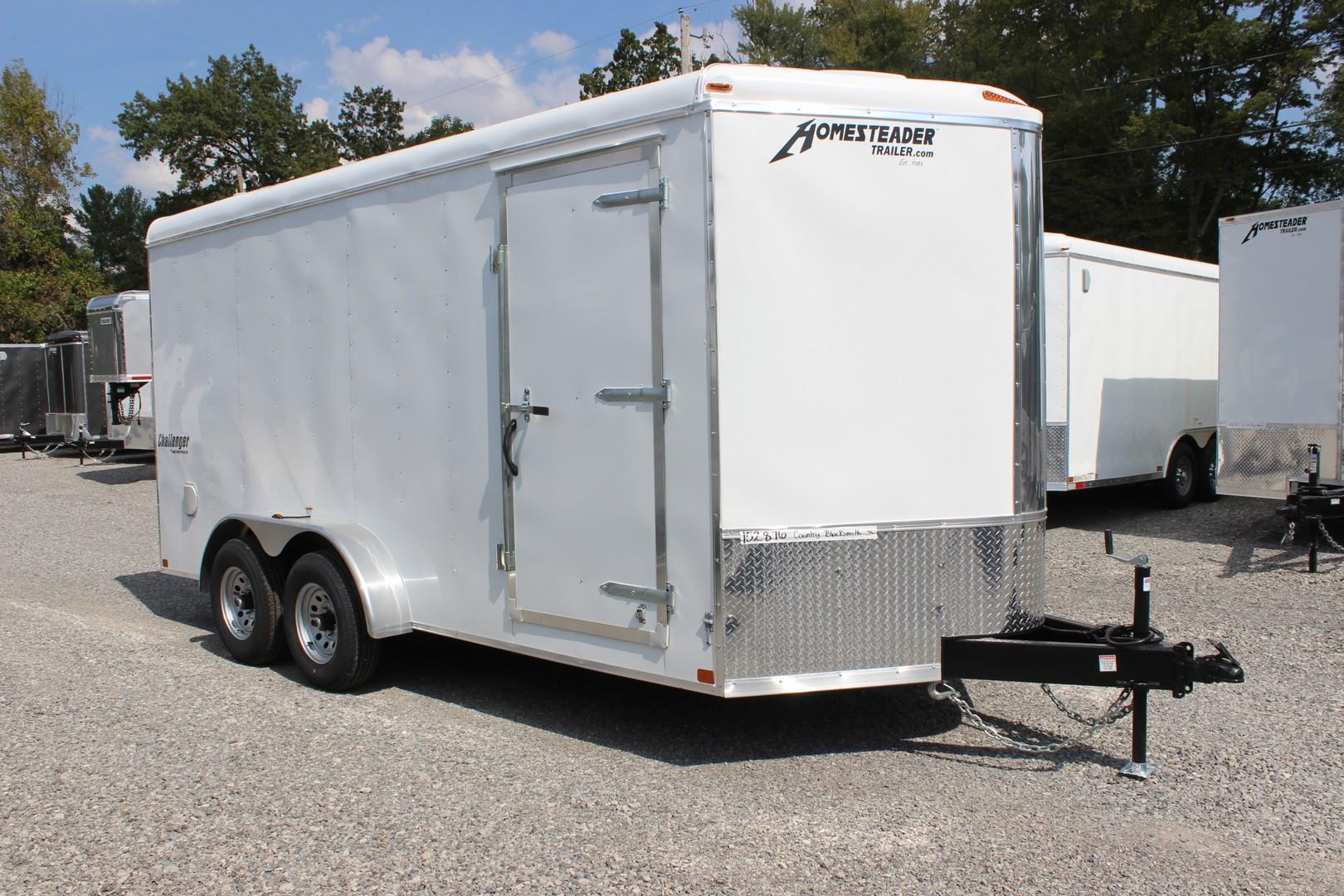
Trailer Buying Guides
There are dozens of manufacturing companies producing high-quality trailers of every size and color. However, how do you know which brands make the best cargo trailers? Well, we’re going to highlight a few names we feel have earned a spot as some of the most trusted...
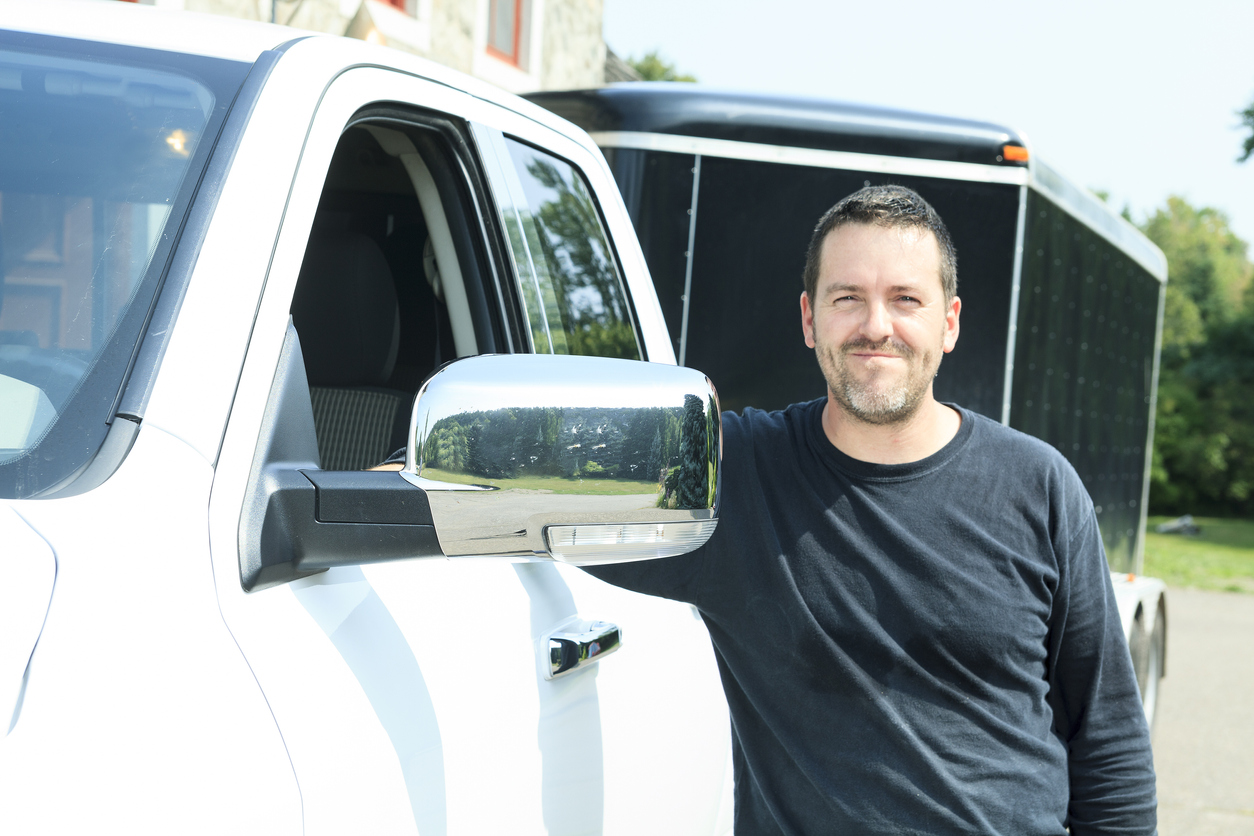
Trailer Buying Guides
Picking a trailer for your landscape business can be an overwhelming task. There are tons of aspects to consider, and you want to choose the best trailer within your budget. This trailer is an investment for your business, and you don’t want to choose the wrong one....
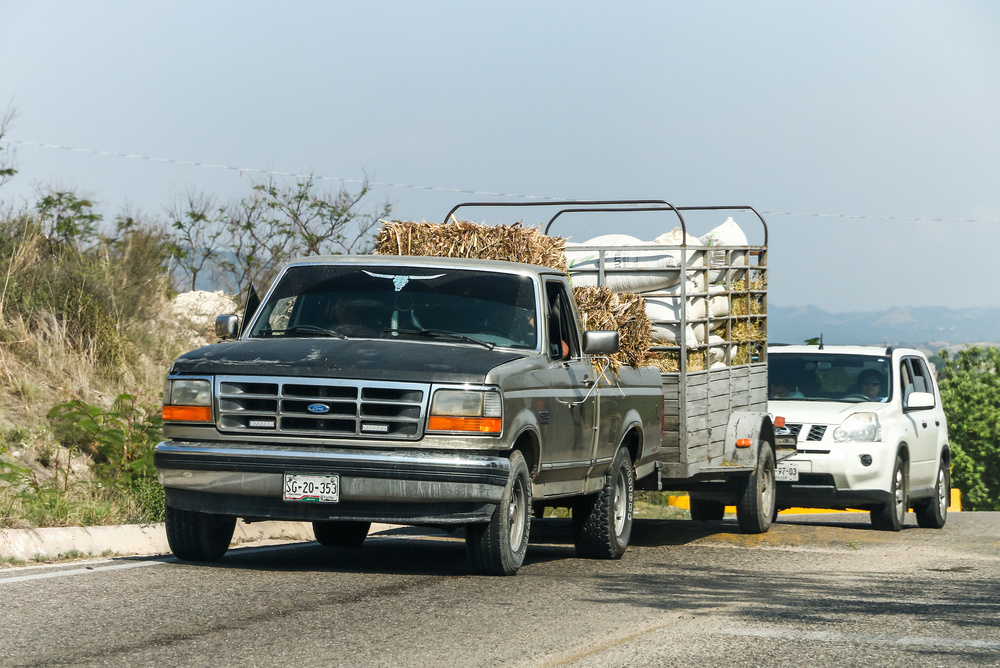
Trailer Buying Guides
Considerations for Buying a Used Trailer If you’re looking to buy a trailer, buying a used one from a trailer dealership can be a great option. Dealerships often have a wide selection of trailers to choose from, and they can offer financing options to make your...
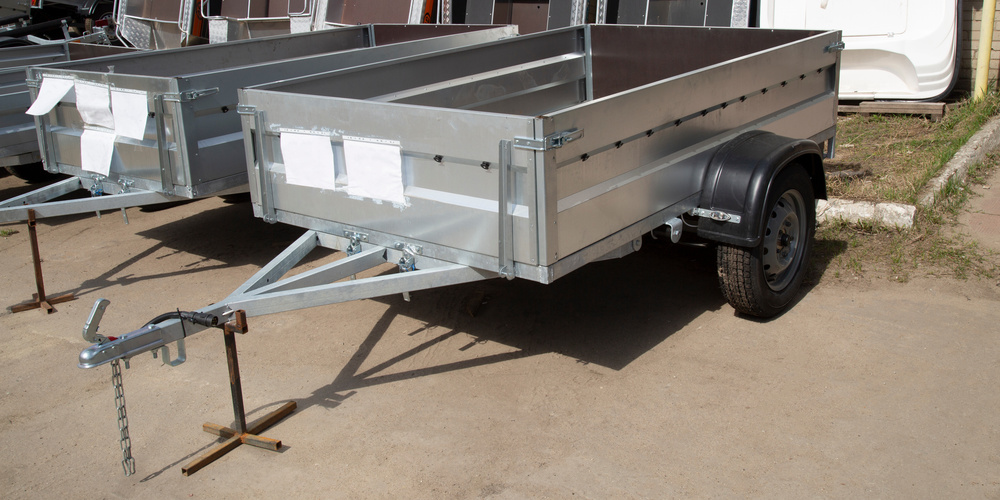
Trailer Buying Guides
Finding affordable new trailers for sale is not always an easy search. This has been compounded by the negative effects the pandemic had on almost every industry. Supply chain delays, rising costs of building materials and inflation have made trailers and most other...
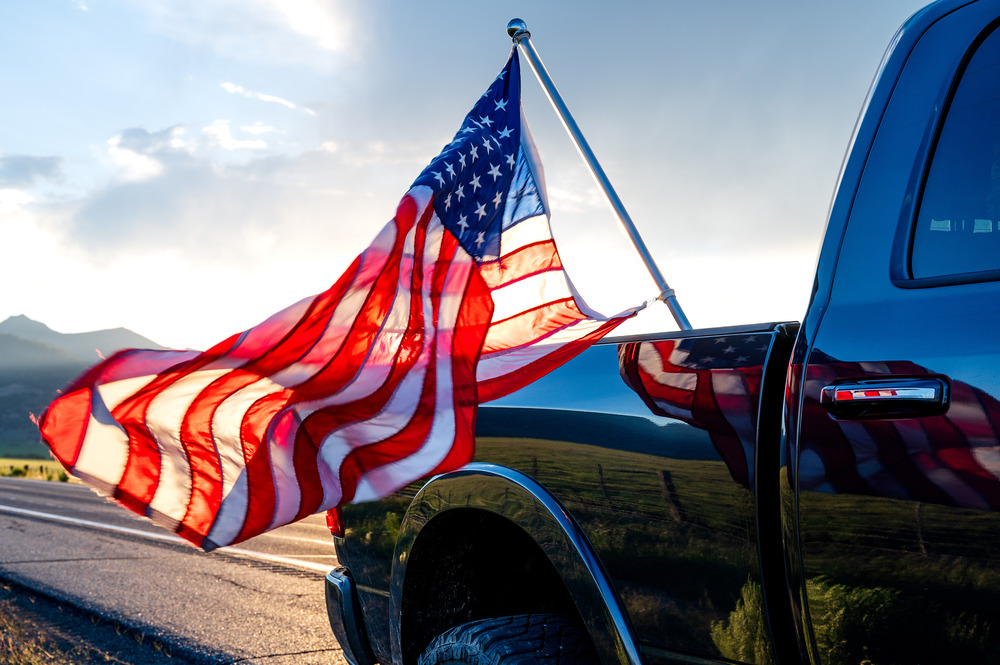
Trailer Buying Guides
There’s no doubt about it. Pickup trucks are the top work vehicle choice for most general contractors, new construction companies, and other industry professions. What is it that makes them so desirable? Well, many factors like versatility, power, and storage ability....

Trailer Buying Guides
Is your truck bed not enough to haul your stuff? Or maybe you want to upgrade from your current trailer. However, with upgrading comes cost and new trailers can be expensive! Yet, we find out renting frequently can be costly along with the burden of filling out...







